
Big Data

Elevate your business with valuable insights, informed decision-making, and competitive advantage.

Drive innovation, efficiency, and growth, tailored to your unique needs



Big Data refers to the enormous and diverse volume of data generated from various sources at high velocity and with varying levels of complexity. It encompasses structured, semi-structured, and unstructured data, and its analysis can unveil valuable insights and patterns that are otherwise difficult to discern using traditional data processing methods.
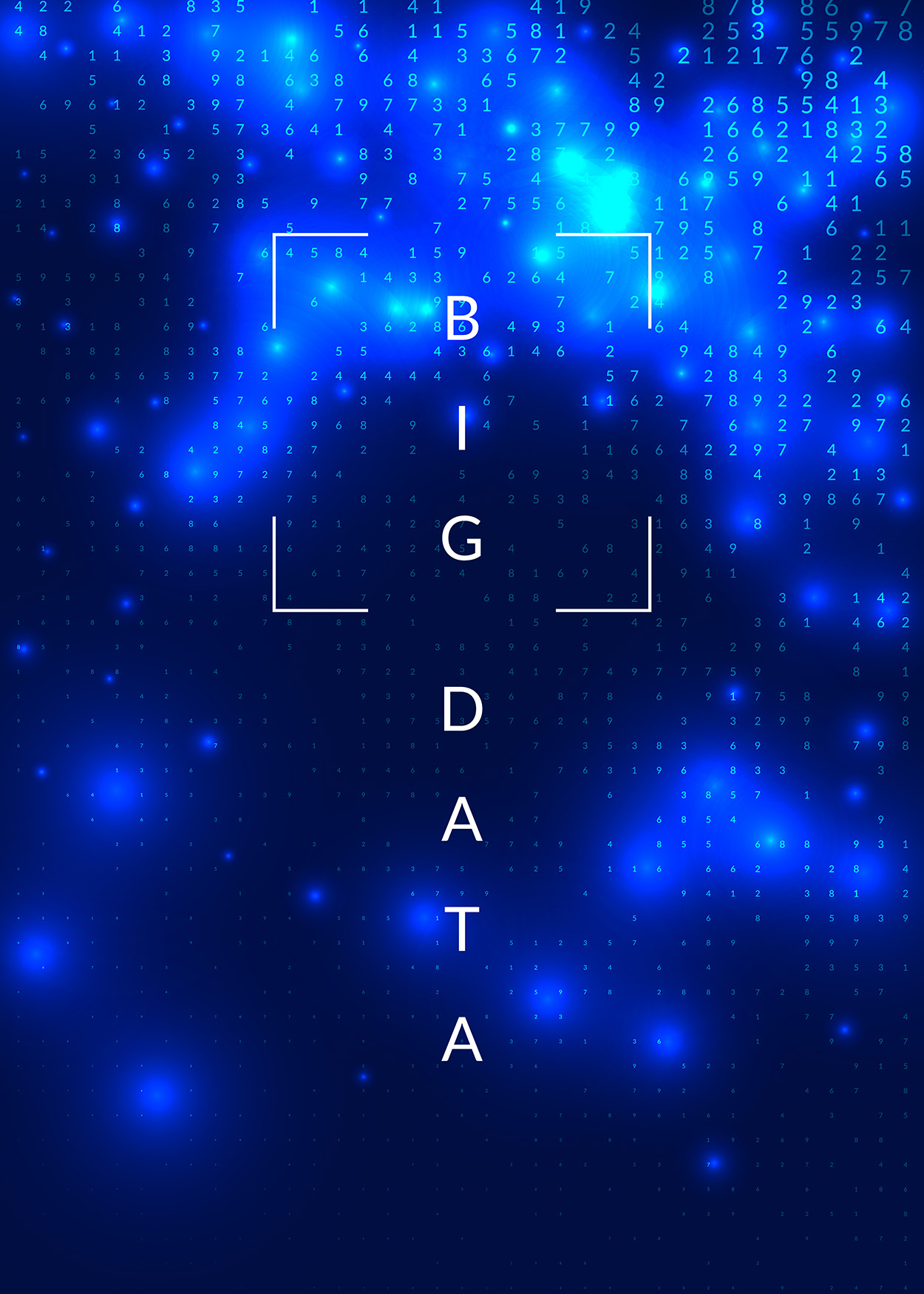
Components of Big Data:
Volume: Big Data is characterized by its sheer quantity. Traditional databases struggle to handle the enormous amount of data generated daily, necessitating advanced storage solutions and technologies.
Velocity: The speed at which data is generated and collected is crucial. Social media interactions, sensor data, and financial transactions occur rapidly, requiring real-time or near-real-time analysis to extract valuable insights.
Variety: Big Data encompasses diverse data types, including structured data (tabular format), semi-structured data (XML, JSON), and unstructured data (text, images, videos). Integrating and analyzing these various data formats is a significant challenge.
Veracity: Veracity refers to the quality and accuracy of data. Big Data often contains errors, inconsistencies, and duplicates, making data quality management an essential aspect of data analysis.
Value: The primary goal of Big Data analysis is to extract meaningful insights and value from the vast volume of data. By identifying patterns, correlations, and trends, businesses can make informed decisions and gain a competitive edge.
Service Models
Data Storage as a Service (DaaS):
This model provides scalable and cost-effective data storage solutions for managing the vast volumes of data generated by businesses. It includes options like data warehouses, data lakes, and cloud-based storage solutions.Data Processing as a Service (DPaaS):
DPaaS focuses on processing and transforming raw data into valuable insights. It offers tools and platforms for data cleansing, transformation, and analysis, enabling businesses to extract meaningful information from their data.

Data Analytics as a Service (DAaaS):
DAaaS offers advanced analytics capabilities for deriving insights from data. It includes services like data mining, predictive analytics, and machine learning, helping businesses make informed decisions and predictions.Data Integration as a Service (DIaaS):
DIaaS focuses on integrating data from various sources, both within and outside the organization. It ensures data consistency, quality, and accessibility, allowing businesses to create a unified view of their data.Data Visualization as a Service (DVaaS):
DVaaS provides tools and platforms for creating visual representations of data, such as charts, graphs, and dashboards. It helps businesses communicate insights effectively and facilitates data-driven decision-making.Data Security as a Service (DSaaS):
DSaaS focuses on securing and protecting data throughout its lifecycle. It includes services like encryption, access control, and threat detection to ensure data privacy and compliance with regulations.Managed Big Data Services:
This comprehensive model offers end-to-end management of Big Data infrastructure and operations. It includes data storage, processing, analytics, security, and maintenance, allowing businesses to focus on using insights rather than managing the underlying technology.Data Governance as a Service (DGaaS):
DGaaS focuses on establishing data governance policies and practices to ensure data quality, compliance, and consistency across the organization. It helps businesses maintain accurate and reliable data.
- Data Catalog as a Service (DCaaS):DCaaS provides a centralized catalog of data assets within an organization. It helps users discover and understand available data, facilitating efficient data utilization and collaboration.
- Data Migration as a Service (DMaaS):DMaaS assists in migrating data from legacy systems to modern platforms, ensuring a smooth transition and data integrity.
- Data Archiving as a Service (DAraaS):DAraaS offers long-term storage solutions for archival purposes. It helps businesses retain historical data while optimizing storage costs.

Benefits of IoT (Internet of Things)
Business Intelligence: Big Data analytics provides insights that lead to better decision-making and strategic planning. Businesses can identify trends and patterns in customer behavior, market dynamics, and more.
Customer Insights: Analyzing customer data helps businesses understand preferences, needs, and purchasing behavior. This leads to personalized marketing campaigns and improved customer experiences.
Operational Efficiency: Big Data analysis reveals inefficiencies in processes, helping organizations optimize operations and reduce costs.
Predictive Analytics: Businesses can forecast trends, outcomes, and potential issues based on historical data analysis. This empowers proactive decision-making.
Risk Management: Big Data analytics can detect anomalies and patterns associated with fraud, minimizing risks and enhancing security.
Product Development: Analyzing customer feedback and market trends aids in developing products aligned with customer demands.
Supply Chain Optimization: Tracking data across the supply chain improves efficiency, reduces delays, and enhances inventory management.
Healthcare and Medicine: Big Data supports medical research, treatment optimization, and disease management through data analysis and predictive modeling.
Energy Management: Smart devices generate data that can be analyzed to optimize energy consumption and reduce costs.
Transportation: Big Data enhances transportation systems by optimizing routes, managing traffic, and improving logistics.
Our team of experts is ready to guide you on your IoT journey, from strategy and implementation to ongoing support. We’ll work closely with you to understand your unique business challenges and design a customized IoT solution that aligns with your goals.
Providers
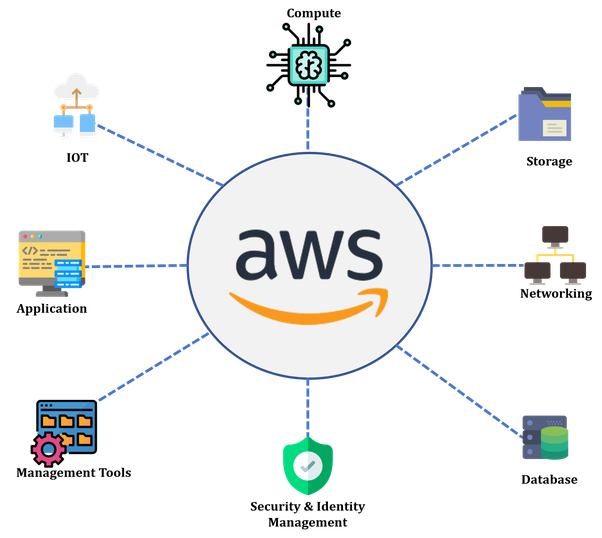
AWS IoT (Amazon Web Services)
AWS offers a range of Big Data services such as Amazon EMR (Elastic MapReduce) for processing large datasets, Amazon Redshift for data warehousing, and Amazon Kinesis for real-time data streaming and analytics.
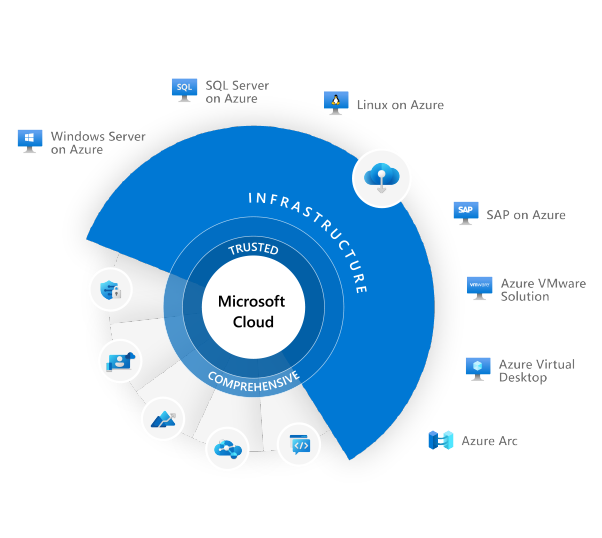
Azure (Microsoft Azure)
Azure provides services like Azure HDInsight for big data analytics, Azure Data Lake Storage for scalable data storage, and Azure Databricks for collaborative analytics.
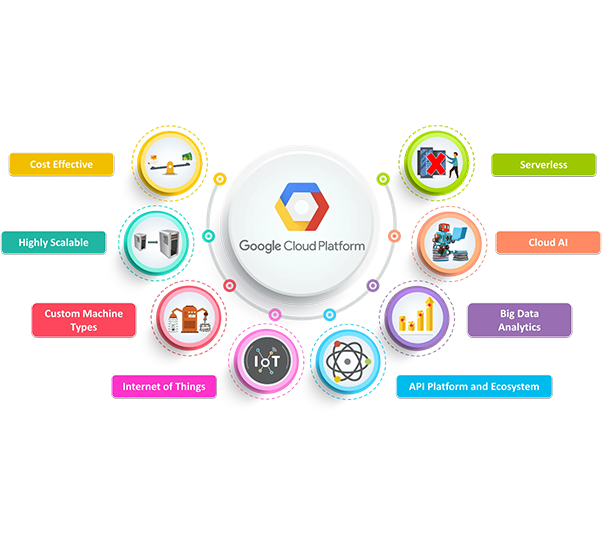
Google Cloud Platform (GCP)
GCP offers BigQuery for data warehousing and analysis, Dataproc for managed Spark and Hadoop clusters, and Dataflow for stream and batch data processing.
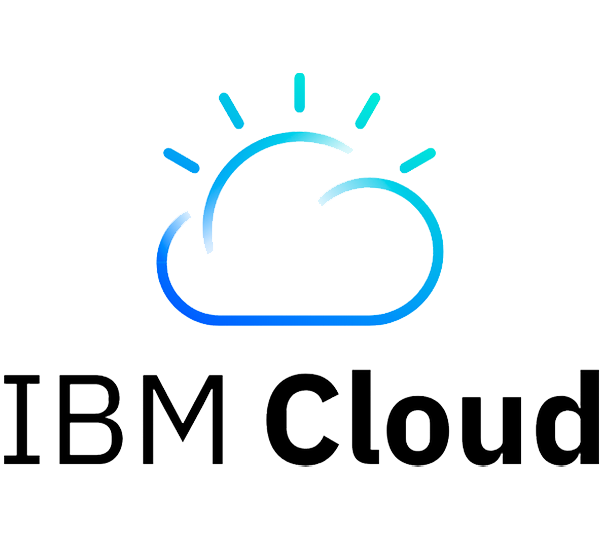
IBM Cloud
IBM’s portfolio includes IBM Db2 for data warehousing, IBM InfoSphere BigInsights for Hadoop-based analytics, and Watson Studio for machine learning and AI-driven insights.

Cloudera
Cloudera provides an enterprise data platform that includes Cloudera Data Platform (CDP) for managing and analyzing data across on-premises and cloud environments.

MapR (now part of HPE):
MapR provided a converged data platform for analytics, AI, and operational applications that could handle Big Data workloads.

Teradata
Teradata offers data warehousing solutions for Big Data analytics, focusing on managing and analyzing large volumes of data for insights.

SAS
SAS provides analytics and data management solutions that enable businesses to analyze Big Data and extract valuable insights.

Databricks
Databricks offers a unified analytics platform that combines data engineering, data science, and machine learning for processing and analyzing large datasets.

AT&T IoT Solutions
Splunk specializes in data analytics and offers solutions for real-time data monitoring, analysis, and visualization.

Qlik
Qlik provides data analytics and visualization tools that enable businesses to explore and analyze Big Data to make informed decisions.